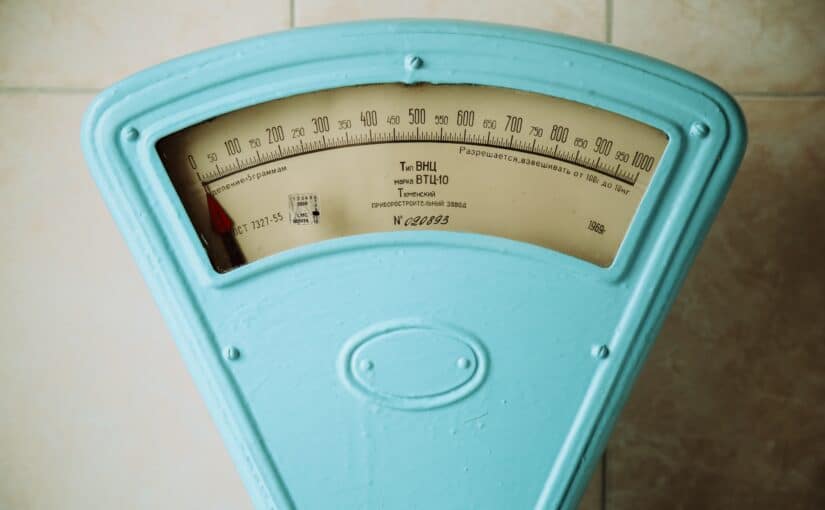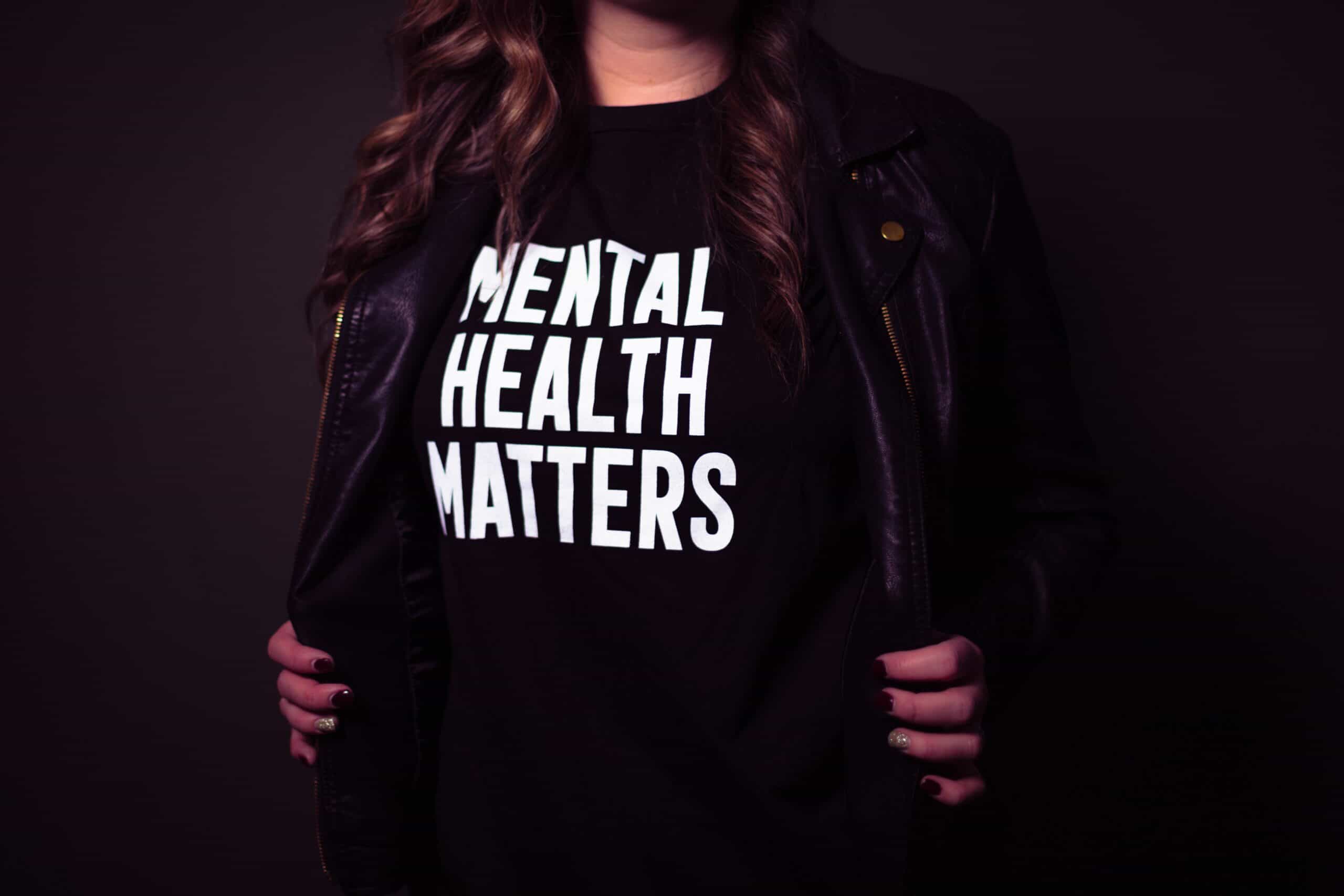If you starve yourself to be thin will this make you healthier? Can a number on the scale determine an individual’s health status? Health and weight are related concepts that can directly affect each other, but it’s overly simplistic to think that weight decides an individual’s health. Studies often site “weight” as the culprit for many of the world’s health problems but given the multitude of variables that are difficult to control, it’s hard to prove a particular number on the scale is the key factor. Yes, unhealthy behaviors will lead to weight gain, and there are many people who have weight-related health problems. But not everyone with extra weight is unhealthy.
The standard views on weight and the determination of health can be overly simplistic and unhelpful for the individual.
This post is part of a series co-written by Dr. Stiff and Dr. Welby, focused on how to eat mindfully and intuitively and substitute self-critical messages with more positive ones. Today’s post will discuss shifting focus from weight and towards ones that support overall health. Access the series here.
Improving overall health: Let’s think more about health and weight loss
Diet and weight loss: The fight against nature
Our bodies are programmed for survival. When a person has been at a consistent weight for years, losing it can trigger the body to try to get back to the weight it equates with stability. This can make weight loss nearly impossible for most people to maintain.
Obviously, there are exceptions to the rule, but as a culture, we often only notice the exceptions. When people’s weight fluctuates they often feel like a failure instead of the expected norm.
Yes, weight loss can happen even when bodies are comfortable at their set point, but it often takes extreme measures to get there. Instead of assuming these measures are worth doing if they equate to weight loss, it’s important to understand the reason for doing it.
- Is the purpose to get to a lower number?
- Is weight loss required to address a health issue?
Based on the answer, it may be more important to put the energy into:
- Eating a balanced diet that provides adequate nutrition
- Being free of shame and self-loathing
If you are stuck in a cycle of weight loss and body-shaming, it may be critical to first stop and begin to lovingly look at ways to optimize your overall health.
To understand this better let’s look at an example. Which woman do you think is healthier?
Woman #1:
A 50 year old woman who weighs 150lb with a BMI of 25 who does not exercise. She eats keto most days and restricts her calories when her weight changes. She fluctuates between 145lb and 170lb. She doesn’t like her body but is happy her weight is finally stable. She avoids parties due to the food. Her friends and family are slightly alienated by her obsession with keto. She often drinks at night and feels significant stress in her life. Her goal is to maintain her weight this year.
Woman #2:
A 50 year old woman who weighs 190lb with a BMI of 30. She walks 45 minutes a day and does classes at the local gym 2 days a week. She doesn’t restrict her calories or binge eat. Her weight has been steady for the past 15 years. She focuses on the positives in her diet, including fruits, vegetables and lean protein. She manages her stress with yoga and meditation. She has a supportive friend network and attends many parties and gatherings. Her goal is to do a 10K run/walk this year.
Woman #2 may be heavier than #1, but she has life-long healthier habits that give her resilience and tools to manage any chronic disease she might encounter. It is estimated that 80% of chronic disease is preventable, and she already has the diet and lifestyle habits to help. She’s also happier and leads a fuller life, both of which have been found to be associated with improved health and longer life. Despite being 40 pounds heavier than woman #1, she seems much healthier.
Which would you want to be?
Is the goal actually weight loss? Or is it to be healthy and able to do what we want?
Often people say weight loss is their goal without thinking deeper about the reasoning. Our society has trained people to think this is the goal. But if we stop and think about our WHY, what is your answer? Is it to actually be healthy enough to play with grandkids? To run a 5K and raise money for a coworker with cancer? Or climb a mountain for the first time?
When we think deeply we can find our “why” and usually that isn’t actually a number on the scale. Clarifying these reasons will keep us motivated when life gets tough (because it always does) in a way that a number will never do.
Weekly Challenge: Find your why
Ask yourself why you want to make a health change? Keep asking until you get to the deeper reason. What is the “why” that is really driving you? This will be the reason you motivate yourself to keep working at your goal even when life tries to steer you away.
What are you doing to support your health?
Are you:
- Moving your body in a meaningful way each day?
- Sleeping enough?
- Practicing mindful and intuitive eating?
- Addressing your mental health?
- Managing medical issues that need follow-up?
Read more on the topic of improving overall health and happiness:
Access the entire series and download Dr. Stiff’s free Mindful and Intuitive Eating Workbook
Lynn Stiff, MD, RD, MS is a board-certified family medicine physician and registered dietitian focused on helping others proactively achieve health and wellness. Through her years of practice, she has come to realize that nutrition is not just "calories in equal calories out" and that many simplistic weight-loss strategies cause more harm than good. She is passionate about helping women reject diet culture and learn to love themselves in their own skin, empowering women to dig deep inside and reframe the way they see food, exercise, themselves, and the world in which they live. She is an advocate for intuitive, mindful eating and helping women focus on their value and purpose without regard to the numbers on the scale. Her company is Nutrition Health Life, LLC.





